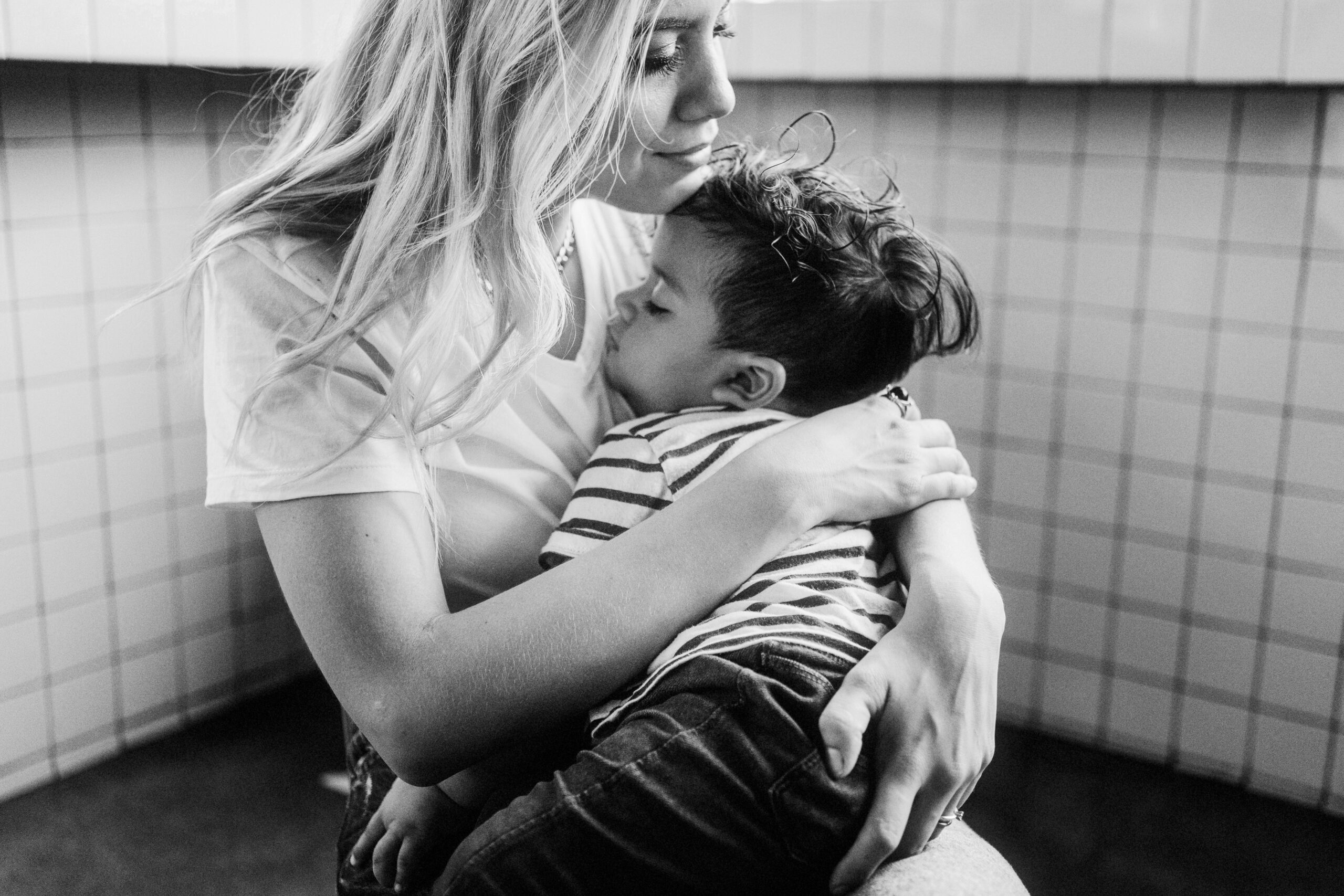The FiLiA Hague Mothers’ Campaign aims to:
- Amplify the voices of the women who are further abused as a result of decisions made under the Convention to return their children;
- Raise awareness of the issues;
- Work with lawyers, domestic violence and children’s rights experts, women’s groups, and Hague victims, to put right the injustices perpetuated by the Convention.
- Engage with government representatives and with the HCCH itself to challenge the bias inherent in the Convention and advocate for effective change.


This is the problem we aim to solve…
Under The Hague Convention on the Civil Aspects of International Child Abduction 1980, a child is considered abducted if they are taken across international borders by one parent without the other parent’s consent. The motive for taking the child is not relevant. Over 100 countries have signed the treaty. The Convention, originally aimed at abducting fathers, was designed to ensure the quick and safe return of the child.
Now, however, around 75% of the parents who are brought before the courts are mothers. And many of them are fleeing domestic violence, trying to get to safety in their home country with their child. The cases are brought by the perpetrators of that violence with support from the state.
Under The Hague Convention on the Civil Aspects of International Child Abduction 1980, a child is considered abducted if they are taken across international borders by one parent without the other parent’s consent. The motive for taking the child is not relevant. Over 100 countries have signed the treaty.
The Convention, originally aimed at abducting fathers, was designed to ensure the quick and safe return of the child. In that regard, the treaty is highly effective. Now, however, around 75% of the parents who are brought before the courts are mothers. And many of them are fleeing domestic violence, trying to get to safety in their home country with their child. The cases are brought by the perpetrators of that violence with support from the state.
In a majority of cases, even when there is clear evidence of violence or criminality by the father, the Convention insists that the child must be returned. As the child’s primary carer, most mothers return too – in spite of the very real risks to their safety.
Their situation is now precarious in the extreme. They face an escalation of violence and abuse from the child’s father, economic hardship, and potential homelessness.
Labelled by the courts as a child abductor and kidnapper, mothers are branded a risk to their own children. Should there subsequently be a custody battle, as there often is, this puts them at a serious disadvantage in the custody case they will then have to fight in a foreign court.
Even if they lose custody, mothers will invariably try to remain in the foreign country in order to be near their child and to have a hope of seeing them. But at least a quarter of these mothers have no support in the father’s country, no family, limited finances, no legal representation, and, depending on the jurisdiction, no visa to remain in the country or to work there.
For some mothers, their only option is to leave and go home alone. For many it will be years before they see their child again; some lose all contact.
And the child – who was supposed to be protected by The Hague Convention – lives with the abuser, potentially losing all connection with their maternal family, culture, heritage, and even language.

Even if they lose custody, mothers will invariably try to remain in the foreign country in order to be near their child and to have a hope of seeing them. But at least a quarter of these mothers have no support in the father’s country, no family, limited finances, no legal representation, and, depending on the jurisdiction, no visa to remain in the country or to work there.
For some mothers, their only option is to leave and go home alone. For many it will be years before they see their child again; some lose all contact.
And the child – who was supposed to be protected by The Hague Convention – lives with the abuser, potentially losing all connection with their maternal family, culture, heritage, and even language.
The Hague is a feminist issue.
